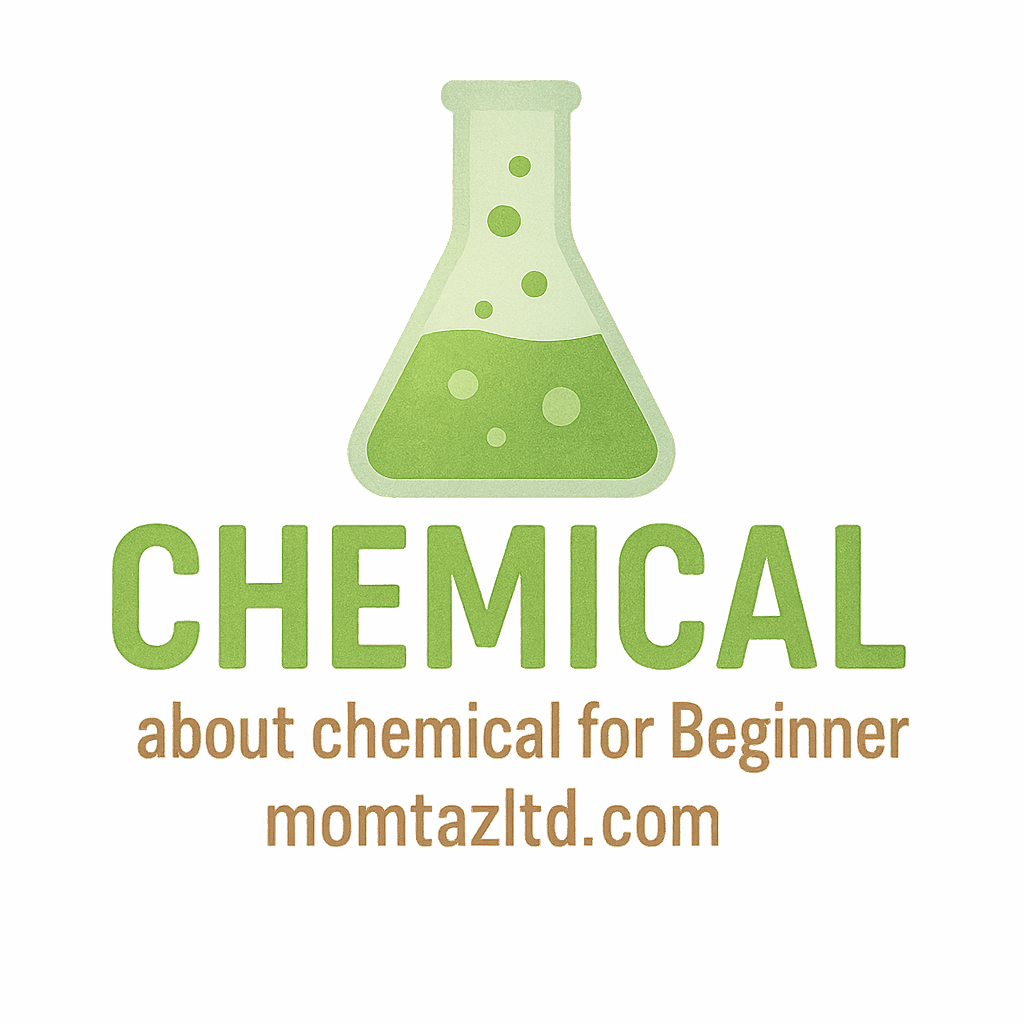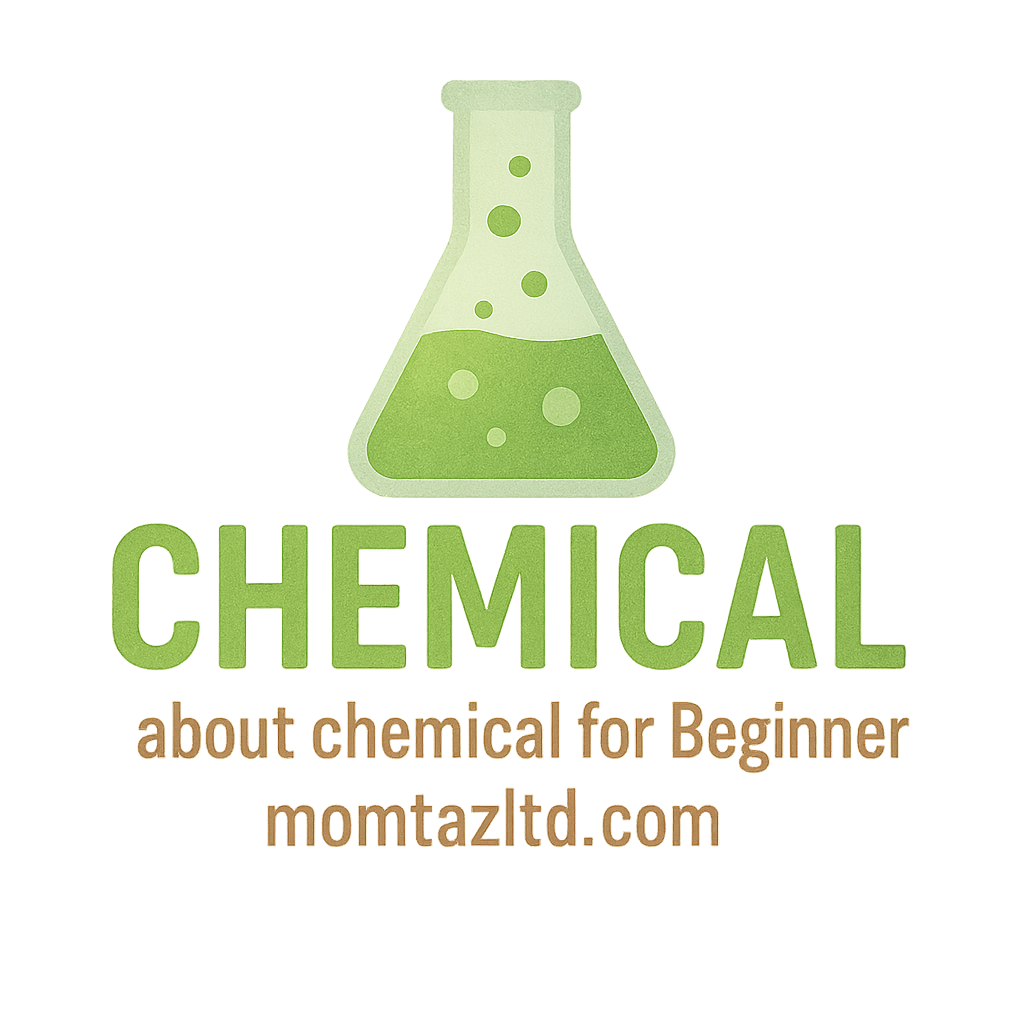Introduction to Chemical Careers
Starting out in chemistry can feel overwhelming. You’ve learned the basics—atoms, reactions, lab work—but the big question comes next: what can you actually do with chemistry? The truth is, chemistry isn’t just about mixing colorful liquids in a lab. It’s a gateway to multiple career opportunities. Whether you’re fascinated by research, drawn to industrial applications, or inspired by teaching, there’s a path for you.
In this article, we’ll break down 6 career paths you can explore after chemical for beginner, with practical insights into what each involves, what skills you’ll need, and how to get started.
Why Chemistry Skills Matter in Careers
Core skills gained from chemistry studies
When you study chemistry, you’re not just learning formulas—you’re building a toolkit. Critical thinking, problem-solving, lab techniques, and safety awareness are all part of the package. These skills are in high demand across industries.
Transferable knowledge for multiple industries
Your chemistry knowledge applies to everything from healthcare to environmental work to teaching. For example, knowing how chemical reactions happen helps in pharmaceuticals, while understanding household chemicals is vital for consumer safety roles.
You can explore more about chemical basics here: Momtaz Ltd – Chemical Basics.
Career Path 1: Laboratory Technician
Role and responsibilities
As a laboratory technician, you’re the backbone of experiments. You’ll prepare samples, run tests, record data, and maintain equipment. It’s hands-on, detail-oriented work that supports scientists and engineers.
Skills needed
- Strong knowledge of laboratory chemicals
- Precision in handling samples
- Familiarity with chemical safety practices
Learn more about working with lab setups here: Laboratory Chemicals.
Growth opportunities
Lab technicians can move into supervisory roles, specialize in fields like industrial chemicals, or continue education to become research scientists.
Career Path 2: Industrial Chemist
Working in manufacturing and production
Industrial chemists apply chemical knowledge to create products we use every day—paints, plastics, fuels, cosmetics, and more. They work closely with engineers to improve processes and materials.
Check out Industrial Chemicals for real-world applications.
Safety and compliance focus
Working with chemicals at scale demands strict adherence to chemical storage and chemical safety rules. Mistakes can lead to serious chemical accidents.
Career advancement
Industrial chemists can climb to roles like production manager, research leader, or safety director.
Career Path 3: Environmental Scientist
Role in protecting the planet
If you care about the earth, this path is rewarding. Environmental scientists monitor pollution, study chemical impacts on ecosystems, and create solutions for sustainable living.
Industries hiring environmental scientists
- Government agencies
- Environmental NGOs
- Private consulting firms
Skills and education required
- Strong background in chemical reactions and toxicology
- Data analysis skills
- Passion for environmental health
This overlaps with industrial learning where chemistry meets sustainability.

Career Path 4: Pharmaceutical Researcher
Developing medicines and treatments
Pharmaceutical researchers use chemistry to design, test, and refine medicines. It’s about improving health and saving lives through science.
Lab and clinical involvement
You’ll work in labs with compounds, test on cell cultures, and collaborate with clinical researchers for human trials.
Opportunities for career growth
From research assistant to project leader, the path is full of challenges and breakthroughs.
You can also find inspiration from Chemical Scientists.
Career Path 5: Chemical Safety Specialist
Workplace safety responsibilities
Safety specialists ensure chemicals are stored, labeled, and handled correctly. They create safety protocols, train staff, and reduce risks of chemical accidents.
More on this here: Chemical Safety.
Training and certifications
Most companies require certifications in safety standards and hazardous material management.
Long-term career prospects
With more industries handling complex chemicals, safety specialists are in growing demand worldwide.
Career Path 6: Education and Teaching in Chemistry
Teaching beginners and future scientists
If you enjoy explaining concepts, teaching could be perfect. From high school to university, chemistry educators shape the next generation.
Building a career in academic institutions
Educators can climb from teacher to professor, researcher, and even department head. Alongside teaching, they can also run lab experiments and guide students in projects.
Career satisfaction and growth
The joy of helping students “get it” is unmatched. It’s not just a career—it’s a calling.
For resources, check out Learn Chemistry Basics.
How to Choose the Right Path for You
Matching your skills with interests
Ask yourself: Do you enjoy hands-on lab work? Or are you more excited about big-picture problem-solving like environmental science? Your preferences matter.
Considering long-term goals
Some paths offer quicker entry (like lab technician), while others require advanced study (like pharmaceutical research). Choose what aligns with your long-term goals.
Extra Tips for Beginners Entering Chemical Careers
Networking and mentorship
Connect with professionals via LinkedIn or industry events. Many chemical scientists are open to guiding newcomers.
Continuous learning and certifications
Never stop learning. Online courses, workshops, and safety certifications can set you apart.
Hands-on experience matters
Theory is important, but practice is gold. Seek internships, research projects, and entry-level jobs. Check resources like Practice Chemistry.
Conclusion
The world of chemistry is wide and full of opportunities. From being a laboratory technician to an industrial chemist, or from protecting the planet as an environmental scientist to teaching future generations, you have many doors open.
If you’re just beginning, don’t worry—you don’t need to know your forever career today. Start exploring, gain experience, and allow your passion to guide you. Chemistry isn’t just a subject; it’s a career passport.
For more resources, visit Momtaz Ltd to dive deeper into chemistry basics, careers, and applications.
FAQs
1. What is the easiest chemical career for beginners?
Becoming a laboratory technician is often the most accessible starting point.
2. Do I need a degree to work in chemical industries?
Not always. Some roles like lab technician require diplomas, while research roles need higher degrees.
3. Can I switch from one chemical career to another?
Yes! Skills are transferable, especially between labs, industry, and safety.
4. Are chemical careers dangerous?
They can be if safety rules aren’t followed, but with proper chemical safety training, risks are minimized.
5. How can I gain chemical work experience?
Look for internships, lab assistant roles, or research opportunities during study.
6. Which chemical career pays the most?
Pharmaceutical research and industrial chemistry often offer higher salaries.
7. Where can I learn more about chemical basics?
Check out resources like Chemical Basics and Beginner Chemistry.


